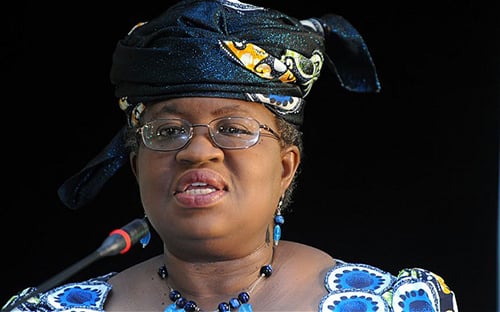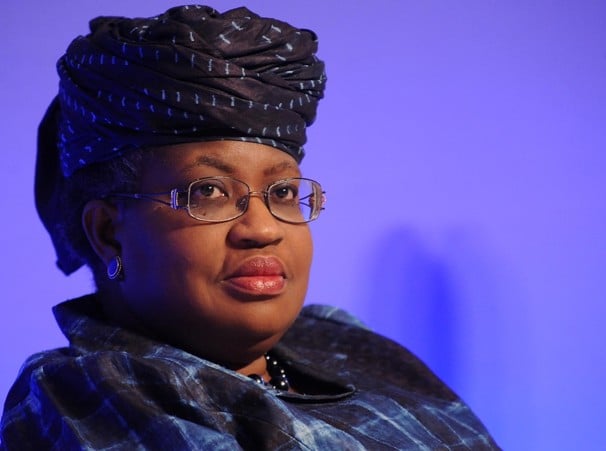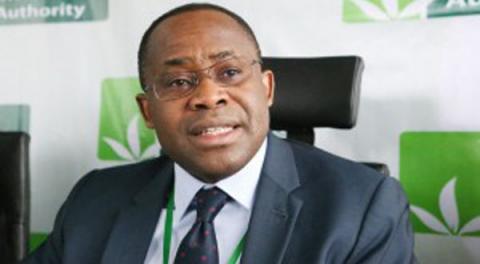The Nigerian government generated a whopping 1.2 million jobs in 2013 and another 500, 000 more in the second quarter of 2014, Ngozi Okonjo-Iweala, the coordinating minister of the economy and minister of finance, disclosed on Tuesday.
At a ministerial press briefing in Abuja, Okonjo-Iweala said the non-oil sector (agriculture, industry and services) had become the drivers of the country’s economic growth.
“The growth driving this economy is from the non-oil sector, which is a good thing,” she said.
“The president has been talking about diversifying the economy, and there are clear signs that we are now moving away from the oil sector. Agriculture, construction, services, the creative industry are some of the sectors driving the economy. Fifty-one per cent of our economy is now driven by the service industry.”
Advertisement
Okonjo-Iweala also disclosed that the economy was growing at 6.5 per cent, which is expected increase to 6.75 per cent within the year.
Speaking on job creation, the minister stated that 1.2 million jobs were created in 2013 while 500, 000 more jobs were created in the second quarter of 2014.
She further disclosed that 60, 000 ghost workers were weeded out of the system while 160 billion was saved in the process.
Advertisement
On revenue generation in the economy, she said Mckinsey and company was providing assistance to the Federal Inland Revenue Service to generate $75 billion from taxes, reducing dependence on oil revenue.
“As of now, $34 billion has been generated,” Okonjo-Iweala said.
She noted that despite the falling price of crude oil, the economy remained “firm”, owing to the good macro-economic management initiated by President Goodluck Jonathan.
“Global oil price has declined from $114 per barrel to $90 per barrel of October 2014, but the sectors dominant in Nigeria today are agriculture, industry and services, so we are moving away from oil. Non-oil revenues are increasing and the government is working to enhance them further,” she said.
Advertisement
She expressed the government’s determination to keep borrowing at a minimal level, adding that borrowing had been on a decline since 2012.
“Total debt position remains low and sustainable but concerns continue to exist over the buildup of domestic debt and debt service. Our approach to debt management is one of prudence,” she said.
Okonjo-Iweala put the nation’s external reserves at $39.48 billion as of October 16 and the sovereign wealth fund at $1.55 billion.
She assured Nigerians that the government would not be “caught napping” while global economy remained volatile.
Advertisement
“We are developing contigency plans,” she said. “We will not be caught napping.”
She dismissed reports that the country is broke, adding that the fluctuation of crude oil price on the world market did not imply that the country’s revenue had declined to the state of being broke.
Advertisement







